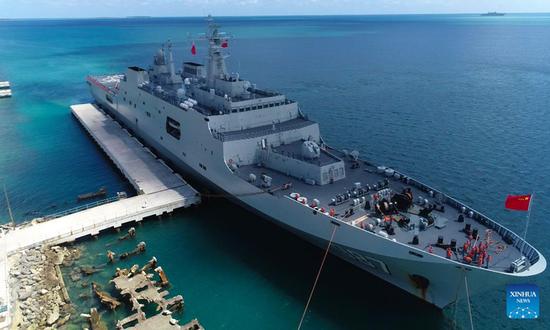
Aerial photo shows a flotilla of the People's Liberation Army (PLA) Navy carring relief supplies arriving in Nuku' alofa, Tonga, Feb. 15, 2022. (Photo/Xinhua)
After more than a week's intensive unloading work, the Chinese People's Liberation Army (PLA) Navy vessels carrying disaster relief supplies are about to wrap up the delivery mission to Tonga, as they have started to provide additional fresh water to ease the high local demand.
The challenging but smooth mission displayed the PLA Navy's capabilities in far sea operations, and the vessels' proficiency in military missions other than war, analysts said on Tuesday.
Since the departure of the two Chinese ships, the Type 071 amphibious dock landing ship Wuzhishan and the Type 901 comprehensive supply ship Chaganhu, from Guangzhou, South China's Guangdong Province on January 31 and their arrival in Nuku' alofa, Tonga on February 15 after sailing for more than 5,200 nautical miles, the crew members have been conducting unloading work non-stop for many days, China Central Television (CCTV) reported on Monday.
The relief supplies, weighing more than 1,400 tons, include mobile homes, tractors, electric generators, medical equipment, food, and other essential goods, with all of them being disinfected before being loaded.
During the unloading, the damage control center kept monitoring and adjusting the conditions of the ship, including the floating status, as the unloading will inevitably change them.
The unloading of huge items like mobile homes and tractors, which proved to be more challenging, has been completed, as the unloading work is being wrapped up, CCTV said.
After communicating with the Tongan side, to help ease the lack of fresh water in Tonga, the Wuzhishan opened its fresh water reserves, and is delivering more than 550 tons of fresh water to Tonga, CCTV reported, noting that the fresh water will be transported by Tongan water storage vehicles from the dock to residential areas.
The flotilla took several measures for COVID-19 prevention and control, including nucleic acid tests, the wearing of protective suits, non-contact delivery and constant disinfections of tools to meet the anti-epidemic requirements of both Tonga and the PLA Navy.
During the voyage to Tonga, the Chinese flotilla met high sea conditions, and the crew members ensured the supplies in the ships were stable.
The PLA vessels overcame challenges including the long distance, the high sea conditions, epidemic prevention and control, the uncertain natural environment like volcanic ash, and the high intensity of unloading work. The delivery went smoothly, and this showed the PLA Navy's capabilities in far sea operations and in military missions other than war, a Beijing-based military expert who requested anonymity told the Global Times on Tuesday.
The mission was not an easy one, and many accidents could have happened, but the Chinese vessels avoided them, the expert said.
The amphibious assault ship HMAS Adelaide, the largest warship of the Royal Australian Navy, was deployed to Tonga for a humanitarian mission, but has been hampered by a COVID-19 outbreak and power failure on board, media reported.











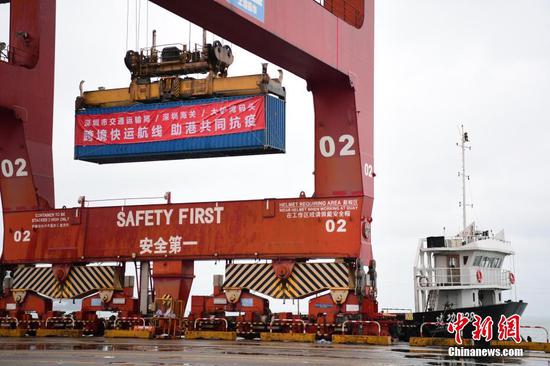


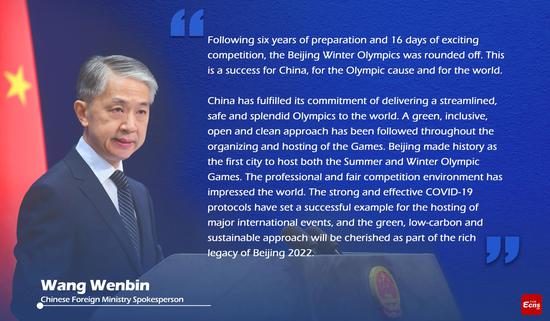



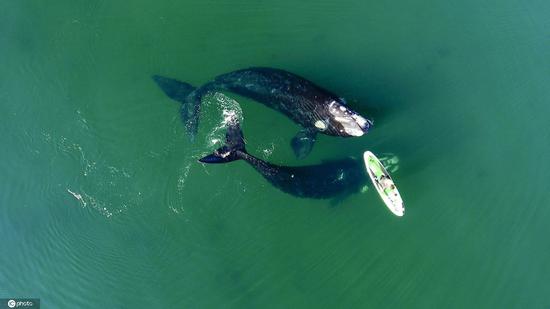




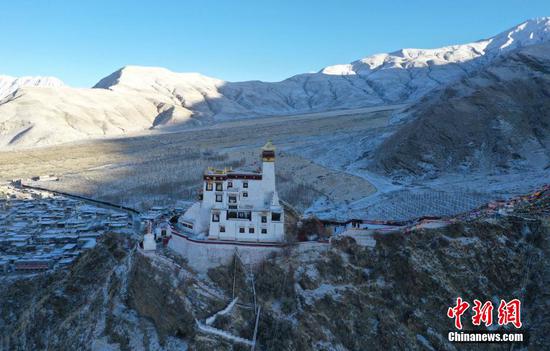

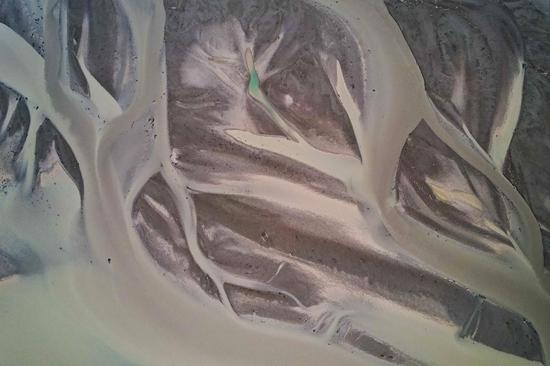
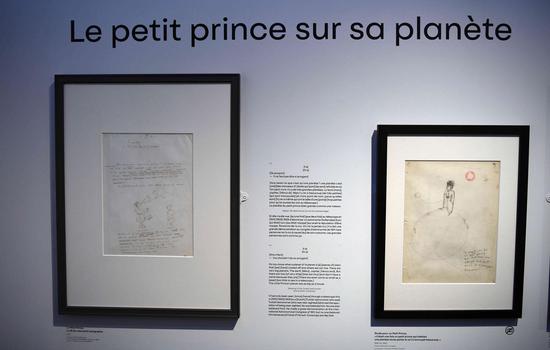

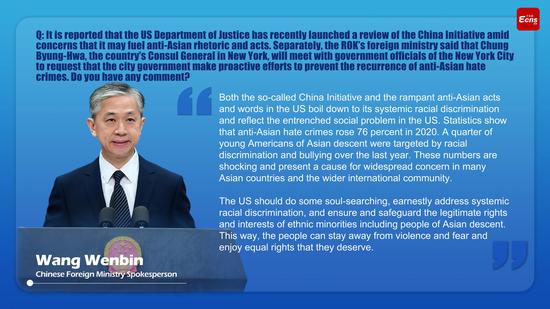








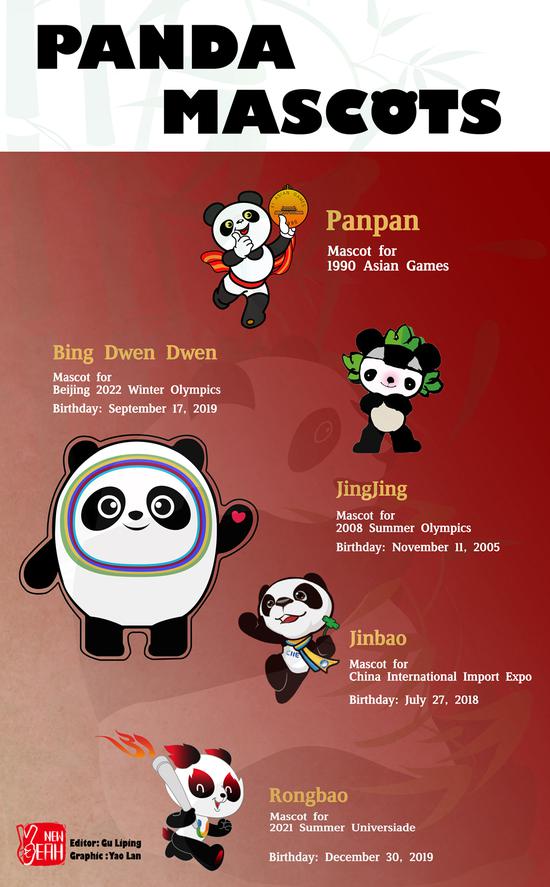

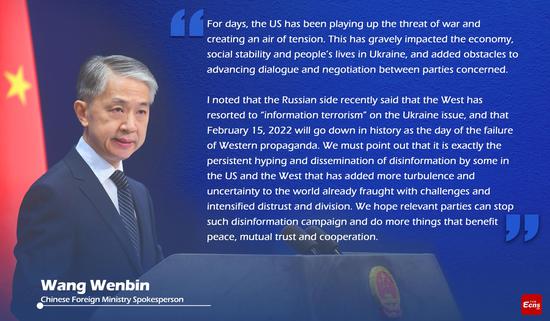

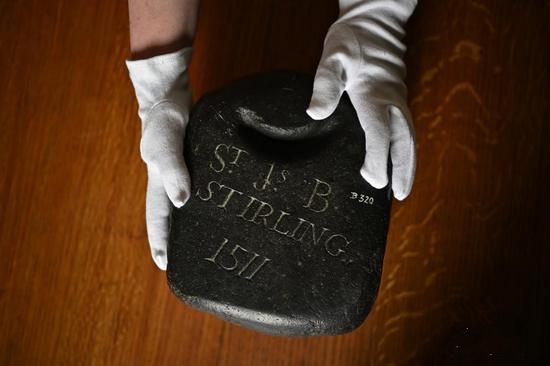








 京公网安备 11010202009201号
京公网安备 11010202009201号